Silverback Films reveal its ambitions for Netflix’s biggest factual bet to date
The current golden age of TV drama is well established but does that halo now encompass natural history filmmaking? Alastair Fothergill thinks so.
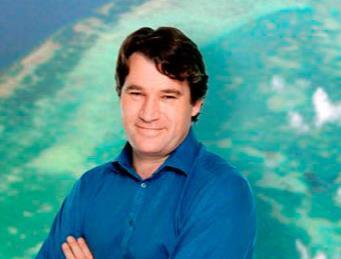
The former head of the BBC Natural History Unit, and maker of Planet Earth, Blue Planet and Frozen Planet, has been running indie Silverback Films since 2012.
Tomorrow comes the long-anticipated release David Attenborough-narrated series Our Planet on Netflix.
“Natural history is going through a boom and there’s no doubt about that,” he tells Broadcast. “New commissioners have come in, including Apple and Netflix, investing a huge amount of money into the business.”
He admits that where the boom, they may eventually be a bust, but adds that the BBC, which has just sold exclusive SVoD rights to its factual programming to Discovery for its upcoming service, is “going great guns”.
He says: “National Geographic is likely to be an even bigger player as a result of the Fox/Disney merger, so it’s clear that not only is the whole industry in a rush to get into streaming but there’s a lot of money being invested everywhere. That’s fantastic for a content producer.”
Fothergill founded Silverback with Keith Scholey, the former BBC controller of factual, ex-head of BBC Studios Natural History Unit and director of Disneynature films African Cats and Blue.
“Our USP is to do a few big projects well,” says Scholey. “We tend to specialise in blue chip landmark natural history shows for TV and cinema.”
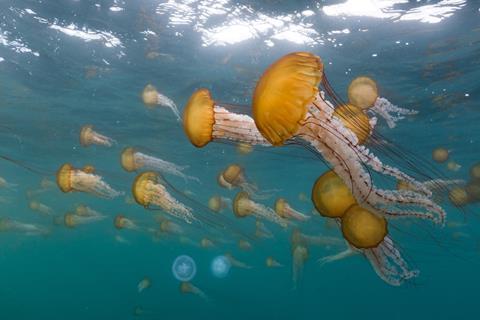
The bulk of these to date have been singles for Disney brand Disneynature for theatrical. The latest of these, Penguins, co-directed by Fothergill, premieres on 17 April. It also produced the 7 x 60 minutes miniseries North America for Discovery in 2013 and Netflix’s order of the eight-part Our Planet five years ago has helped to double the firm’s team in Bristol to 80.
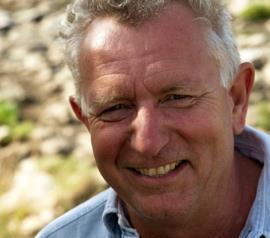
“It’s Netflix’s biggest factual commission so far,” Fothergill says. “They are stepping into new territory, but they’ve always carried BBC programming [including Planet Earth II and Blue Planet]. They’ve tracked very carefully who has watched the genre so they understand how audiences react to natural history.”
Global reach
Netflix wanted a “global landmark” show, he explains, and Silverback’s pitch was to focus the entire series on the environmental challenges facing the planet.
“The series is wildlife-based but when people watch they will see how climate change is impacting the natural world,” Scholey says. “We’re not presenting this in a finger-wagging way, but we and Netflix both that the time was right to go into some detail about the challenges we all face.”
The ability to reach a global audience with this message was a strong enticement.
“I’ve done these big landmarks and I’ve been satisfied that they’ve been very successful globally,” says Fothergill. “But I feel that Our Planet is more than just a TV series, and that’s our ambition with it.
“Netflix’s influence on 16-30-year-olds cannot be understated, nor can availability of the whole series at once in 190 countries to over 140 million subscribers.
“The nature of co-productions done by terrestrial broadcasters to finance their big series means that nobody, apart from Netflix, can offer this global transmission at the same time.”
Equally important to the producers is the show’s availability in perpetuity on the platform. Partnered with the World Wildlife Fund (WWF), Silverback and Netflix have created an online destination to accompany the series.
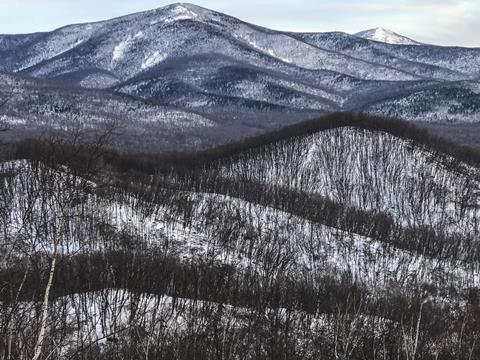
Leaving a legacy
Ourplanet.com is being funded by Netflix, run by the WWF and populated Silverback content and the aim of being kept up to date for at least a decade.
“Sixty minutes of documentary can only carry so much when there’s a much bigger and urgent story around the issues,” says Scholey. “No-one has dedicated so much resource to an online site supporting a landmark series of this type.”
Fothergill adds: “It means you can have a conversation between audiences and the series over months and years. That’s not been done before. It’s very important for the conservation message and builds an audience in a unique way. Netflix spotted this from the word go.”
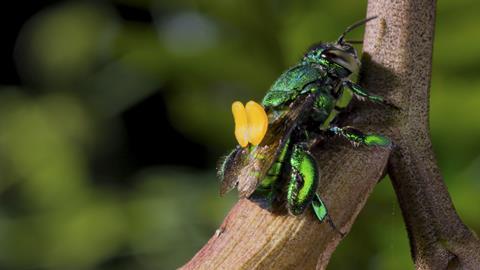
With clips already screened to business leaders at Davos, and to the IMF and World Bank, Silverback hopes momentum behind Our Planet will continue to 2020 and the UN’s next major conference about biodiversity.
Further collateral around the show includes an augmented reality ‘interactive globe’ experience destined for install in Singapore, New York and the Natural History Museum developed with the WWF and Google.
The show itself has suitably blue-chip credentials. Largely shot in 4K UHD, it has been mastered in 4K with a High Dynamic Range finish and Dolby Atmos surround-sound track.
Filming involved 600 crew in 50 countries and a cumulative 3,500 days in the field – more than on any production the producers have been involved with.
Technical breakthroughs include adapting a Cineflex gyro-stablised gimbal to fit a snow machine tracking polar bears and recording aerial materials in 4K from drones such as bluefin tuna attacking shoals of anchovies in the ocean.
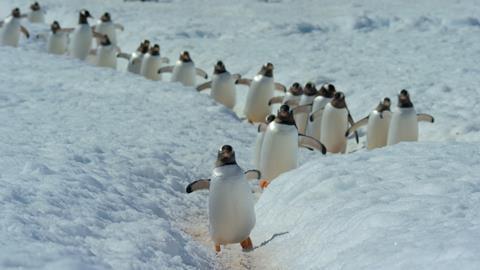
The success of the show will likely influence Netflix’s future commissioning strategy with Silverback and with the genre overall.
“The first step is to see how audiences react to Our Planet,” Fothergill says.
Beyond Our Planet
In the meantime, the indie is putting the finishing touches to two series for the BBC. The Mating Game, a 5 x 60 minutes series for BBC2 this autumn, is a “deliberately playful” sequel to The Hunt focussing on the dramatic tension of male and female animal courtship rituals.
Then in 2020 comes another five-part series, Perfect Planet, co-produced with Tencent Penguin Pictures, France Télévisions and The Open University. It examines the forces of nature, from volcanoes to hurricanes.
“Traditionally those forces have been depicted as destructive, so we wanted to a try and film those natural spectacles and to explain that these are positive force for rejuvenation of a healthy planet,” says Fothergill.
For Silverback and Netflix, the most pressing priority right now is the battle for the Earth’s well-being is ensuring Our Planet lands strongly on the SVoD service and gets the eco message out.
- Our Planet launches globally on Netflix tomorrow (5 April)


























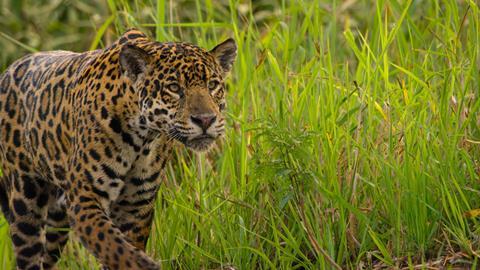






No comments yet